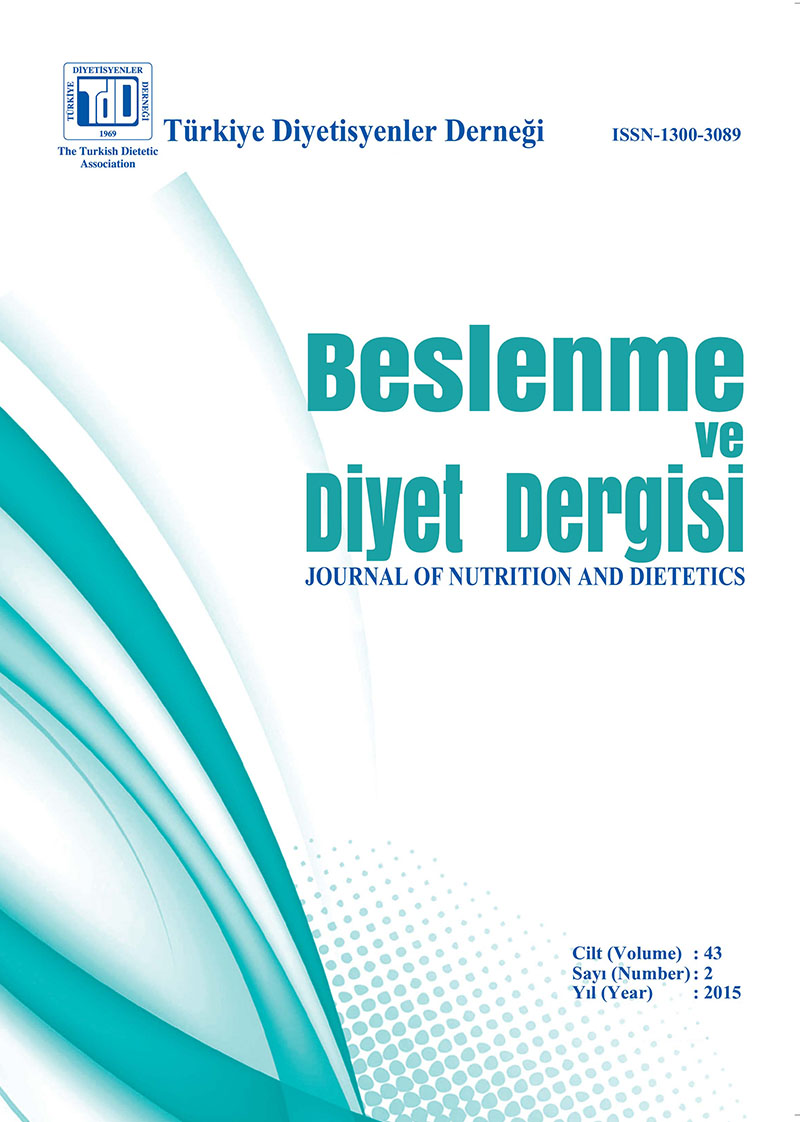Nutritional Deficiencies and Dietary Treatments After Bariatric Surgery
Keywords:
Bariatric surgical procedures, nutritional deficiencies, nutritional supportAbstract
The amount of bariatric surgical procedures for morbid obesity is continuously increasing. Bariatric surgical procedures could be divided into restrictive, malabsorptive, or combined types. Gastric band, sleeve gastrectomy, biliopancreatic diversion-duodenal switch and gastric bypass are the main weight loss surgeries currently practiced worldwide. These procedures are associated with risk of micronutrient and macronutrient deficiencies. While there are risks involved, the benefits of this procedure in there solution or marked improvement of chronic diseases like diabetes, hypertension, and/or hyperlipidemia. Nonetheless, considering the serious consequences of nutritional deficiencies associated with weight loss surgery, it is critically important that early identification, appropriate treatment, and routine prophylactic micronutrient supplementation are key components in the successful management of the bariatric patient. For the maximal benefit of surgical procedures, a multi-disciplinary team is essential. Each bariatric surgical procedure has its own inherent risks and weight loss profile, but overall these show low morbidity and mortality rates. The goal of this article is to outline the technique, efficacy and complications of these procedures and to provide suggestions for nutrition assessment, supplementation, regular exercise and education.

